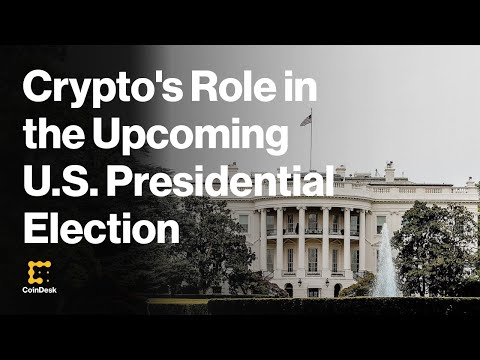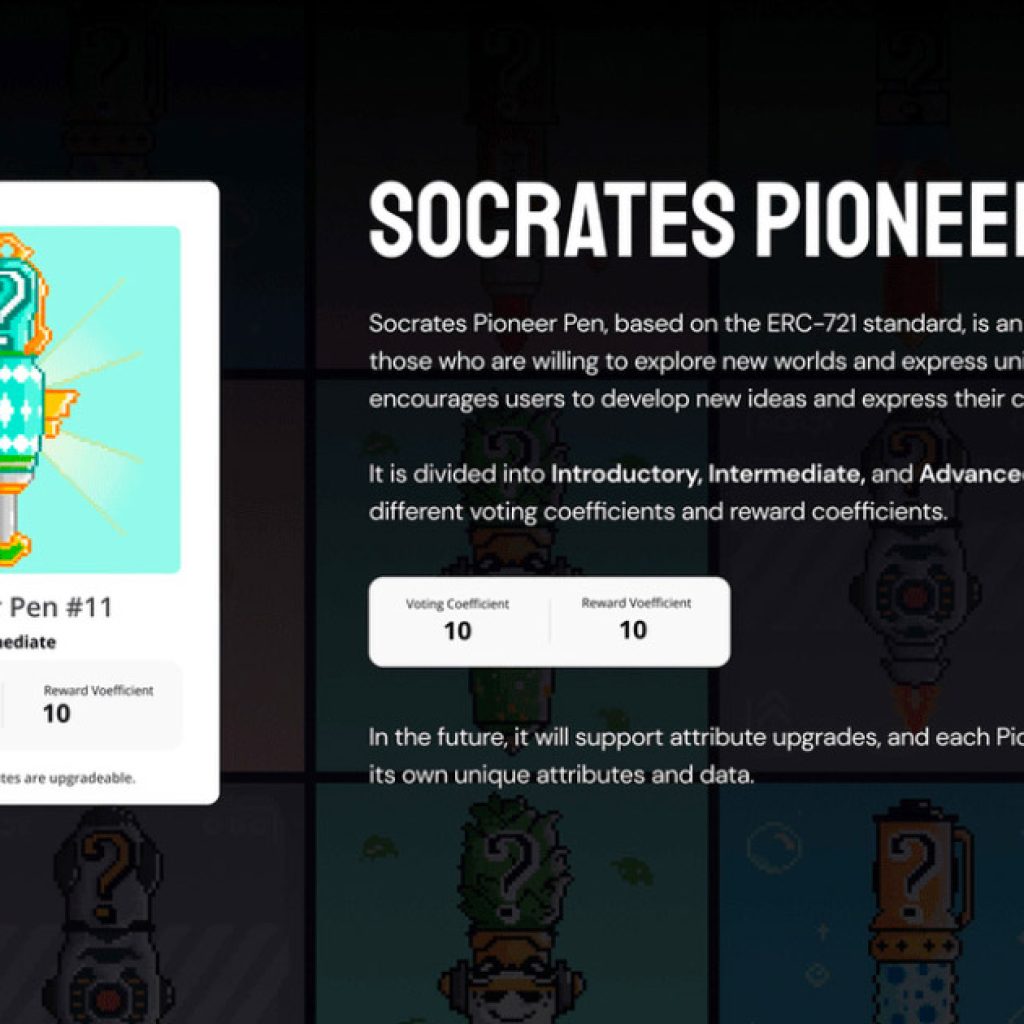The U.S. presidential race is cruising through uncharted waters with blockchain technology steering some intriguing conversations. Gone are the days when tech and politics didn’t mix; now, they’re like rum and coke at a high-stakes poker game. Two crypto-enthusiast candidates have folded their hands and left the table, shaking up the whole game.
The Great Crypto Exodus
First off, let’s talk about Vivek Ramaswamy. This guy wasn’t just another suit in the race; he had a plan for crypto. But even with a deck stacked with Bitcoin policies, he had to bow out. In a move as dramatic as a season finale, he passed the torch to Donald Trump, citing the need for an ‘America first’ approach. Ramaswamy’s exit isn’t just a footnote; it’s a signal flare showing how crypto is playing hardball in U.S. politics.
Then there’s Ron DeSantis, Florida’s own, waving goodbye to his White House dreams. This was the guy who wanted to let businesses pay state fees in Bitcoin – talk about putting your money where your mouth is. But the Iowa caucuses had other plans, and just like that, DeSantis was out, leaving a crypto-shaped hole in the race.
States Playing Their Own Game
While the big guns were busy in the presidential playground, U.S. states started their own blockchain party. Utah, South Carolina, South Dakota, and Tennessee are drafting their rebel anthems against CBDCs. They’re not just singing off-key; they’re rewriting the lyrics, trying to boot CBDCs out of the ‘money’ club. It’s like they’re building a digital Fort Knox for their own kind of gold.
Florida’s already jumped on this bandwagon. Under DeSantis, it passed a law that basically said, “No CBDCs here, thank you very much.” It’s a bold move, kind of like putting a ‘Beware of the Dog’ sign when you only have a goldfish. But it sends a clear message: states are not just spectators in this crypto circus.
Back to the presidential race, where Trump, the man of the hour, seems to be picking up where Ramaswamy and DeSantis left off. Despite once calling Bitcoin a ‘scam,’ he’s now swinging at the idea of a U.S. CBDC. It’s like watching a soap opera where the villain suddenly starts saving kittens. Trump’s stance adds another layer of drama to an already complex narrative.
A survey from the Crypto Council for Innovation throws in a spicy twist. It shows that U.S. crypto holders are split. Some want a presidential candidate who’d go all Terminator on crypto, while a bigger bunch wants someone to lay down clear crypto rules. It’s a classic case of ‘to regulate or not to regulate,’ and it’s turning the presidential race into a crypto-themed battleground.
The presidential candidates need to take a hard look at this crypto conundrum. They can’t just play lip service; they’ve got to dive deep into the blockchain pool, even if the water’s cold. The U.S. is at a crossroads, with blockchain technology pulling it in one direction and traditional financial systems in another.
As the U.S. gears up for the next round of this high-stakes political poker game, blockchain technology isn’t just another card on the table – it’s becoming the game itself. The presidential candidates better have their poker faces ready, because the way they play their blockchain cards could very well decide who takes home the pot.





